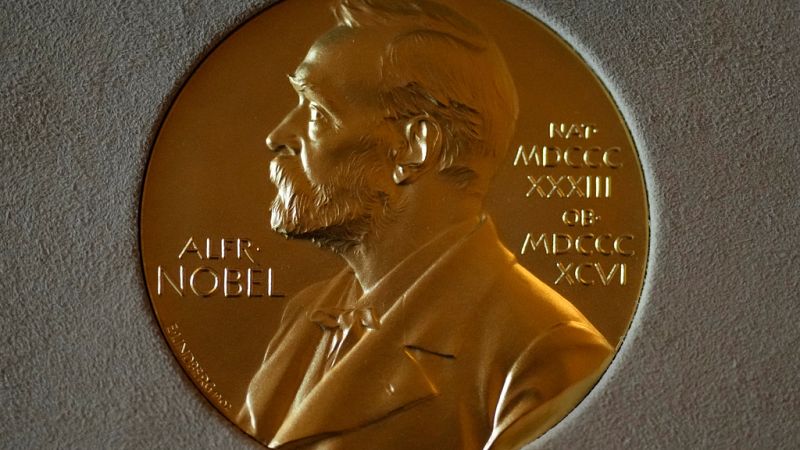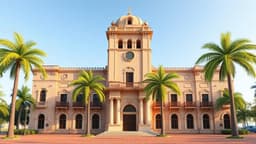Home / Business and Economy / Economists Honored for Theories on Innovation-Driven Growth
Economists Honored for Theories on Innovation-Driven Growth
13 Oct, 2025
Summary
- Three economists win 2025 Nobel Prize in Economics
- Recognized for explaining innovation-driven economic growth
- Theories on "creative destruction" as essential for progress

On October 13, 2025, the Royal Swedish Academy of Sciences announced the winners of the prestigious Nobel Prize in Economics. The award has been given to three economists for their pioneering work in explaining the mechanisms behind innovation-driven economic growth.
One half of the prize goes to Joel Mokyr of Northwestern University, who has identified the key prerequisites for sustained growth through technological progress. The other half is jointly awarded to Philippe Aghion of Collège de France, INSEAD, and The London School of Economics, and Peter Howitt of Brown University, for their theory of sustained growth through the process of "creative destruction."
The term "creative destruction," coined by Austrian economist Joseph Schumpeter in the 1940s, describes the disruptive but essential nature of economic progress. As new technologies emerge and displace older ones, it leads to the loss of jobs and the decline of certain industries, but also paves the way for more productive and innovative economic activities. The award-winning economists have built upon this concept, providing a deeper understanding of how this cycle of disruption and renewal drives long-term growth.




